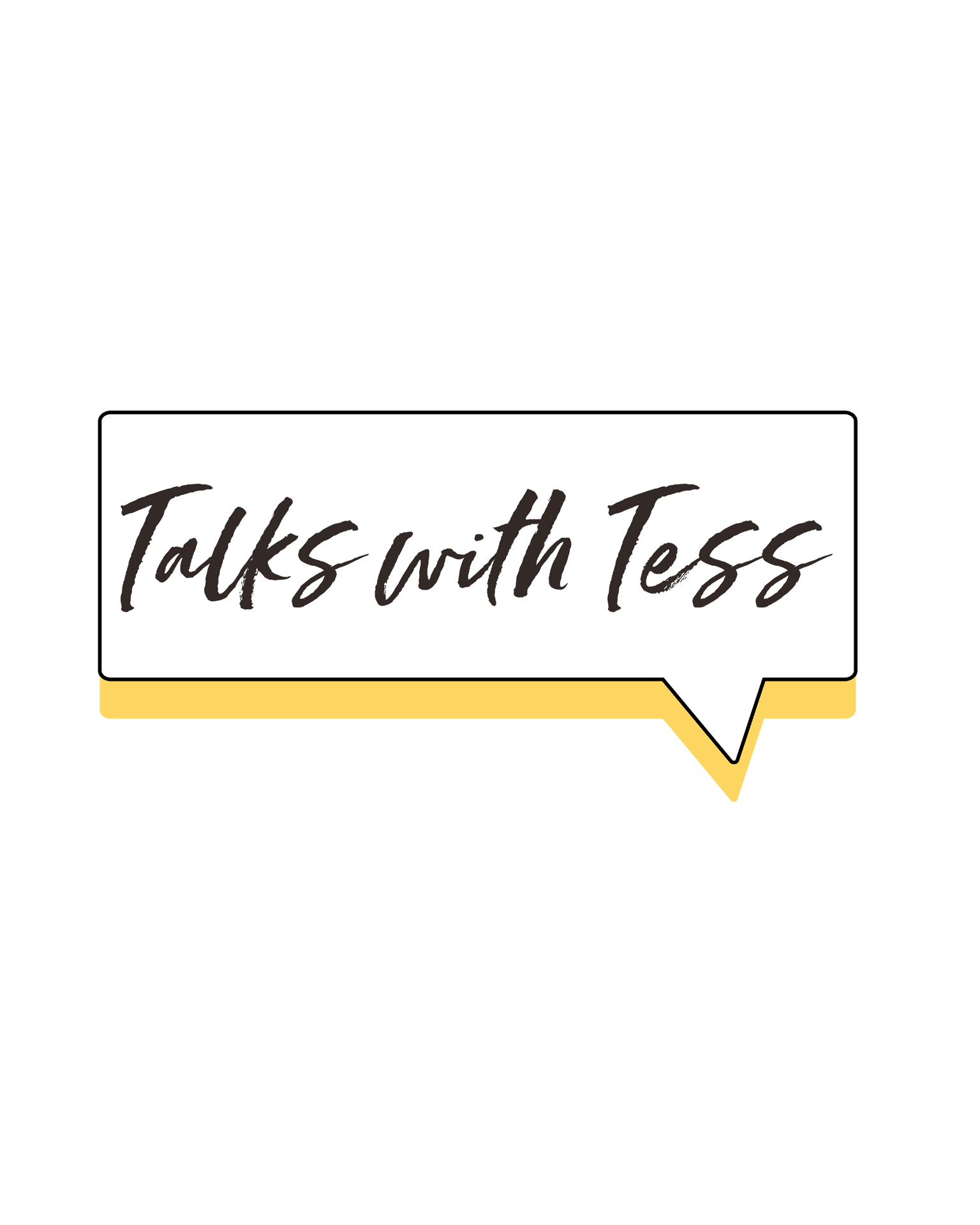Top Communication Strategies for Effective Consulting Sessions
Understanding the Importance of Effective Communication in Consulting
Effective communication is the cornerstone of any successful consulting session. It not only helps in establishing a strong rapport with clients but also ensures that the consultant understands the client's needs and expectations. A consultant must be able to convey complex information in a way that is easily understood, allowing for informed decision-making.

In consulting, the ability to communicate effectively can be the difference between a successful project and a failed one. This involves not only speaking clearly but also listening intently, asking the right questions, and ensuring that all parties involved are on the same page. By mastering communication strategies, consultants can enhance their effectiveness and deliver better results for their clients.
Active Listening Techniques
One of the most effective communication strategies is active listening. This involves fully concentrating on what the client is saying, understanding their message, responding appropriately, and remembering key points. Active listening helps consultants gather vital information and demonstrate genuine interest in the client's issues.
To practice active listening, consultants should avoid interrupting clients, provide feedback to confirm understanding, and ask clarifying questions when needed. This approach not only builds trust but also ensures that the consultant has a complete understanding of the client's needs.
Clarity and Simplicity in Communication
Consultants often deal with complex ideas and data, which can be overwhelming for clients. Therefore, it's crucial to communicate these concepts in a clear and simple manner. Breaking down complex information into digestible parts can help clients grasp the essentials without feeling overwhelmed.

Using analogies, visual aids, and straightforward language can aid in simplifying complex topics. Additionally, summarizing key points at the end of discussions can reinforce understanding and retention.
Non-Verbal Communication Skills
Non-verbal communication plays a significant role in consulting sessions, often conveying more than words alone. Body language, eye contact, facial expressions, and gestures can all influence how messages are received. Being aware of one's own non-verbal cues, as well as interpreting those of clients, can enhance communication effectiveness.
For instance, maintaining eye contact can show attentiveness and confidence, while nodding can indicate agreement or understanding. By being mindful of these non-verbal signals, consultants can foster a more engaging and trusting environment.

Customized Communication Approaches
Every client is unique, and so should be the approach to communication. Tailoring communication strategies to fit the client's preferences and style can greatly enhance the effectiveness of consulting sessions. Some clients may prefer detailed reports and data-driven presentations, while others might favor concise summaries and visual aids.
Understanding the client's industry, culture, and personal communication style will allow for more personalized interactions. This level of customization demonstrates respect for the client's preferences and can lead to more productive discussions.
Feedback and Continuous Improvement
Feedback is an essential component of effective communication in consulting. Regularly seeking feedback from clients can provide insights into areas of improvement and highlight what is working well. Constructive feedback allows consultants to refine their communication strategies and better meet client expectations.
Implementing a system for gathering feedback—whether through surveys or direct conversations—can help consultants continuously improve their communication skills. This commitment to growth not only benefits the consultant but also enhances the overall client experience.
By incorporating these top communication strategies into their consulting sessions, consultants can ensure more effective, efficient, and successful interactions with their clients. Whether through active listening, simplifying complex ideas, or customizing approaches, mastering these techniques is key to becoming a trusted advisor in any consulting relationship.
